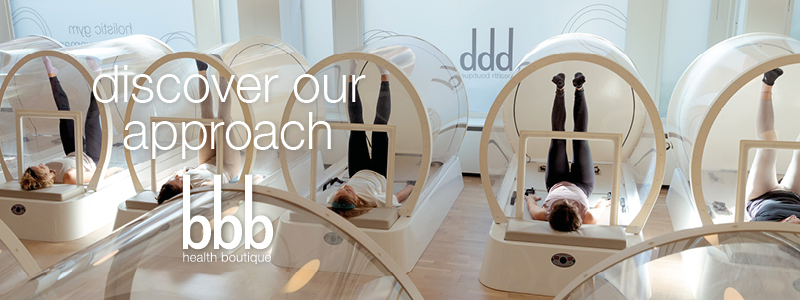habitual behaviour
you are stronger than you thinkDo you ever want to change your habitual behaviour? Sometimes we are so stuck in patterns that it seems impossible to break them. You decide to really prioritize your goal of living a healthier life. However, at the ultimate moment – for example when you are sitting on the terrace with your girlfriends with some wine or if you are still sitting up late at night – a healthier lifestyle seems not that important. All intentions disappear and you seem to be sucked into an automatic pattern.
Irreconcilable goals
Thoughts such as ‘I’ll start again tomorrow’, ‘I’ve earned it now’ or ‘I don’t think it’s that important’ justify the decision. No matter how strongly we intend to go to bed earlier, work less, better guard our limits, eat healthier, drink less coffee or exercise more. Sometimes all it takes is one excuse to throw our good resolutions into the trash. What happens at such a moment? The problem is that there is an ambivalence in motivation. You want it but then again you don’t. Conviviality is important but so is the objective. You are stuck with irreconcilable goals. What now?
In such a situation it is useful to weigh up the sum. What is really important to me right now? What are the costs and benefits of the pattern? Think carefully about all possible advantages and disadvantages and make sure the overview is as complete as possible.
Example 1. Snack behaviour
Benefits – what does it offer
- Relaxation increases
- Conviviality increases
- Negative feeling decreases
- Allow disinhibition
- Nice taste
- Don’t need to think of anything
Costs – what does it cost
- Weight gain
- Guilt
- Reinforced negative self-image
- Energy drops
- Personal growth stagnates
- Health problems
Example 2 – Going to bed too late
Benefits – what does it offer
- Relaxation
- Time for yourself
- Not having to think about anything
Costs – what does it cost
- Tiredness
- Less sports
- More sugar cravings
- Underperforming
How important are these advantages and disadvantages for you? Please rate on a scale of 0-10. Then make a ‘sum’ and you will see what is most important to you. The bigger the difference the easier it is to brake the pattern. With smaller differences or when the benefits are greater, you often don’t really want to change the behaviour. It simply still yields too much and you find the disadvantages to be manageable. If you want to break the pattern, it is useful to think about what it costs you at the moment. Look at the temptation and observe the tendency to go along with it. Stand still for a minute and consider the costs, or disadvantages. Determine for yourself if it’s really worth it and make a choice. Whatever you choose, it is at least a more conscious choice and will bring you closer to your goals.
Do something new
By practicing new behaviour, you can break the pattern. It is simply habitual behaviour, or behaviour that has arisen by doing it often. If you don’t give in to temptation more often, it gets easier. In this way you can break unhealthy eating patterns that have become ingrained and exchange them for healthier behaviour. Do you really want to get rid of your habitual behaviour? Do something different fifty times in difficult moments and the habit is broken.
